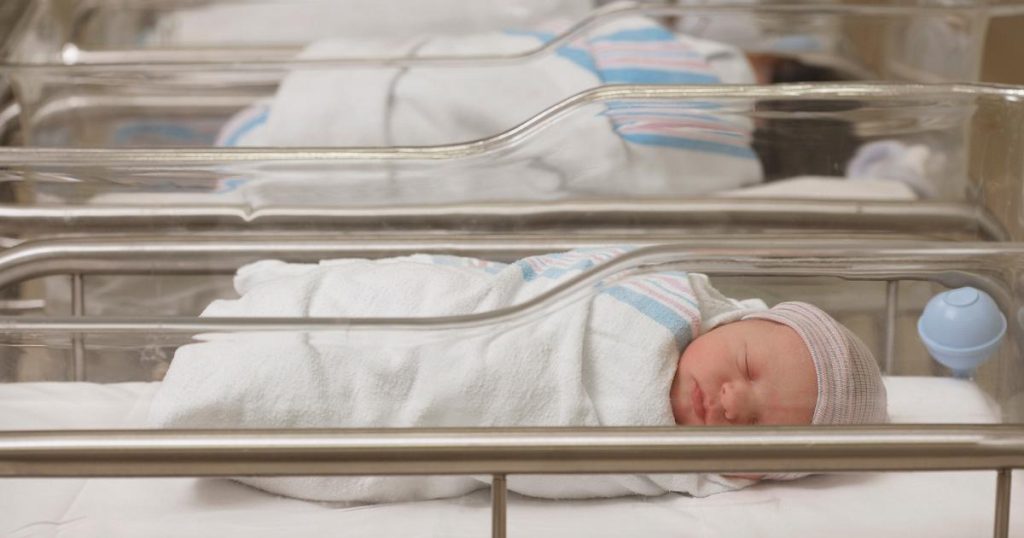The government’s economic plan includes measures aimed at supporting families and incentivizing childbirth. One of the main initiatives is the introduction of a “Newborn Card,” which grants €1,000 to parents with a certain level of income. The plan also strengthens the bonus for nursery school attendance, and excludes the universal family allowance from the calculation of income for this purpose. Additionally, a “Dedicated to You” card will be extended until 2025 with a budget of €500 million. Tax deductions will take into account the number of dependents in the family, with larger families receiving greater benefits. The specific details of the Newborn Card will be outlined in the Budget Law.
In order to encourage childbirth, the government is enhancing parental leave policies and boosting the nursery school bonus to provide discounts on fees. The number of dependents in a family will also be a factor in calculating deductions, with larger families receiving more tax benefits. The decontribution for mothers with 2 or 3 children will be continued, and extended to self-employed women as well. These measures are part of the broader efforts to support families and promote population growth through financial incentives and support services.
In addition to supporting families, the economic plan includes measures to stimulate economic growth and job creation. The government is investing in infrastructure projects, digital innovation, and green technologies to boost the economy and create new opportunities for businesses. Tax incentives and support programs for small and medium-sized enterprises are being implemented to encourage entrepreneurship and innovation. These initiatives aim to create a more competitive and dynamic economy that can withstand global challenges.
The government’s economic plan also includes measures to improve access to healthcare and social services. Funding for hospitals and healthcare facilities will be increased to provide better care and support for patients. Social assistance programs will be expanded to help vulnerable populations, including the elderly, people with disabilities, and low-income families. These measures aim to ensure that all citizens have access to essential services and support, regardless of their financial situation.
In order to reduce poverty and inequality, the economic plan includes measures to increase social welfare benefits and support programs for marginalized groups. Financial aid will be provided to families in need, along with food assistance and housing support. Employment programs and vocational training initiatives will be implemented to help unemployed individuals find stable jobs and improve their financial situation. These initiatives aim to reduce poverty and provide opportunities for all citizens to improve their quality of life.
Overall, the government’s economic plan includes a range of measures to support families, stimulate economic growth, improve access to healthcare and social services, and reduce poverty and inequality. By investing in these areas, the government aims to create a more inclusive and sustainable economy that benefits all citizens. These initiatives are part of a broader effort to build a more resilient and prosperous society that can thrive in the face of global challenges.


